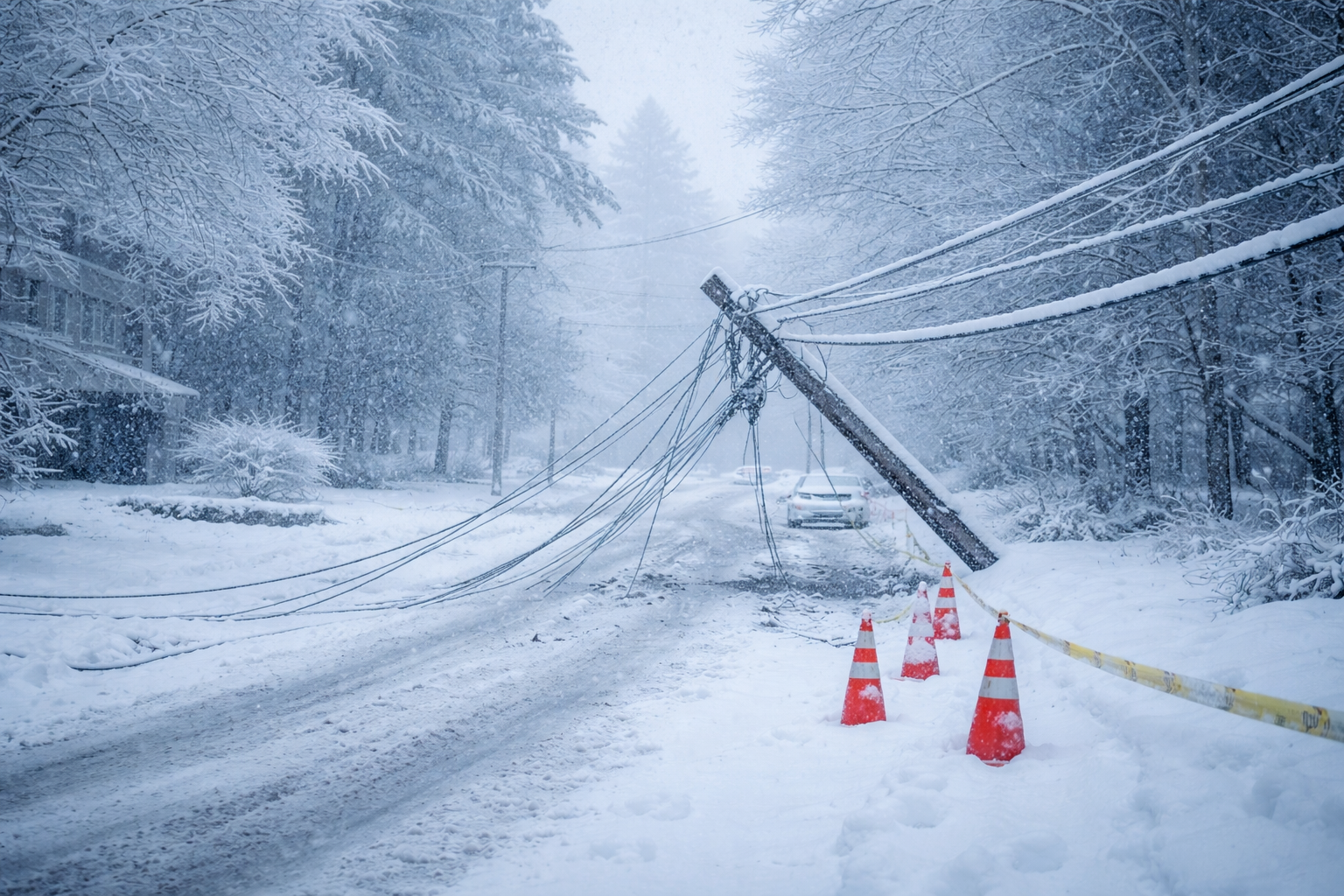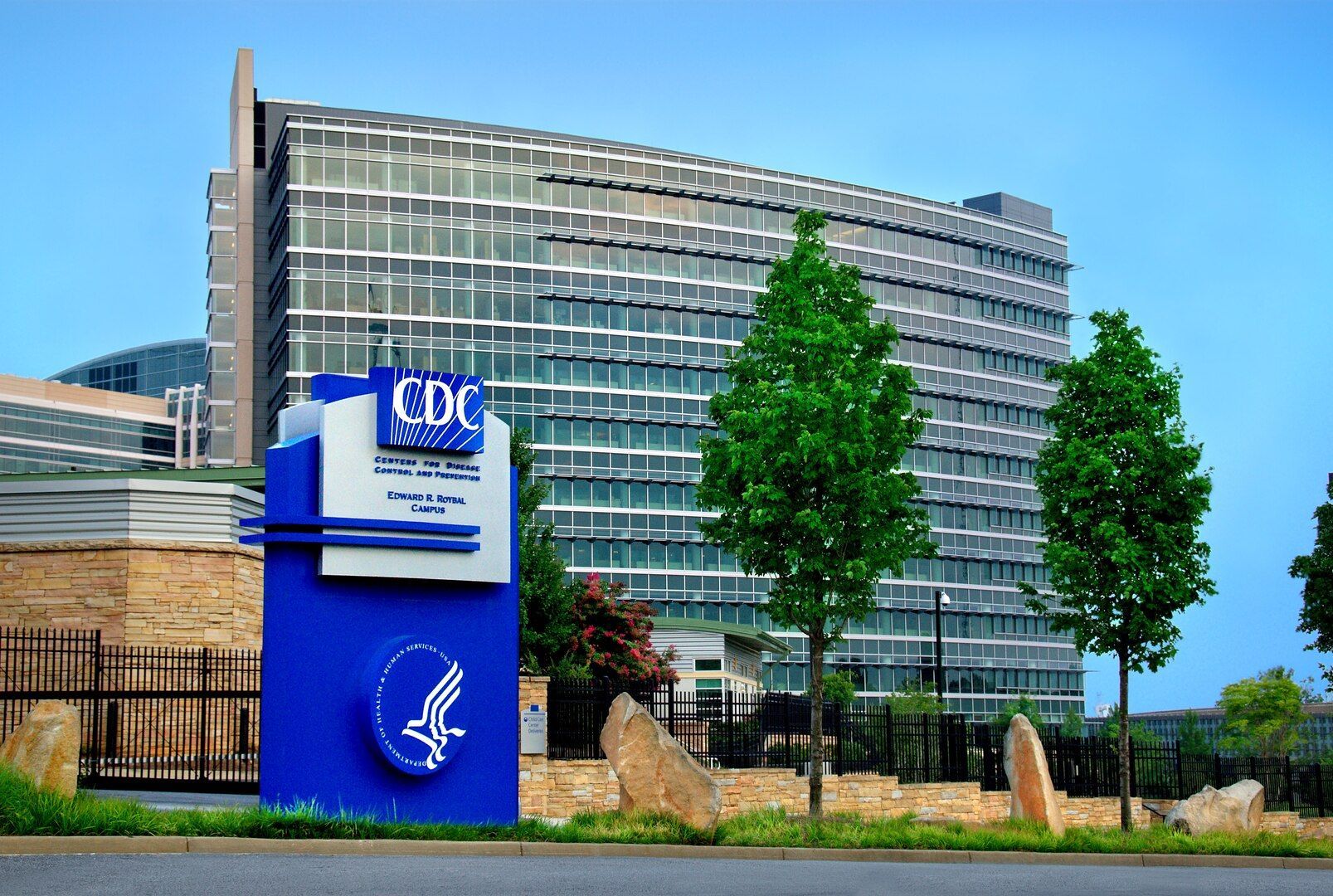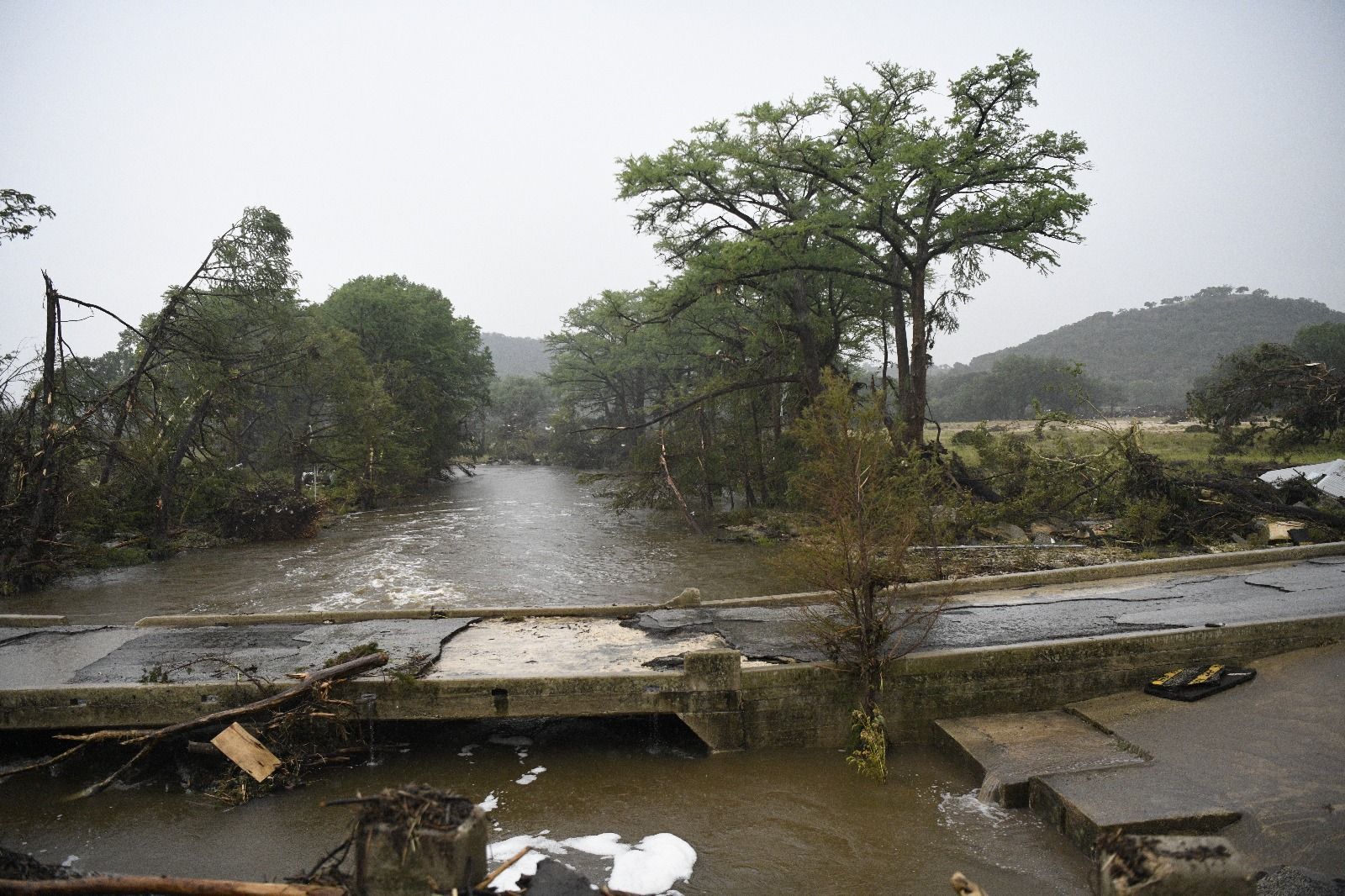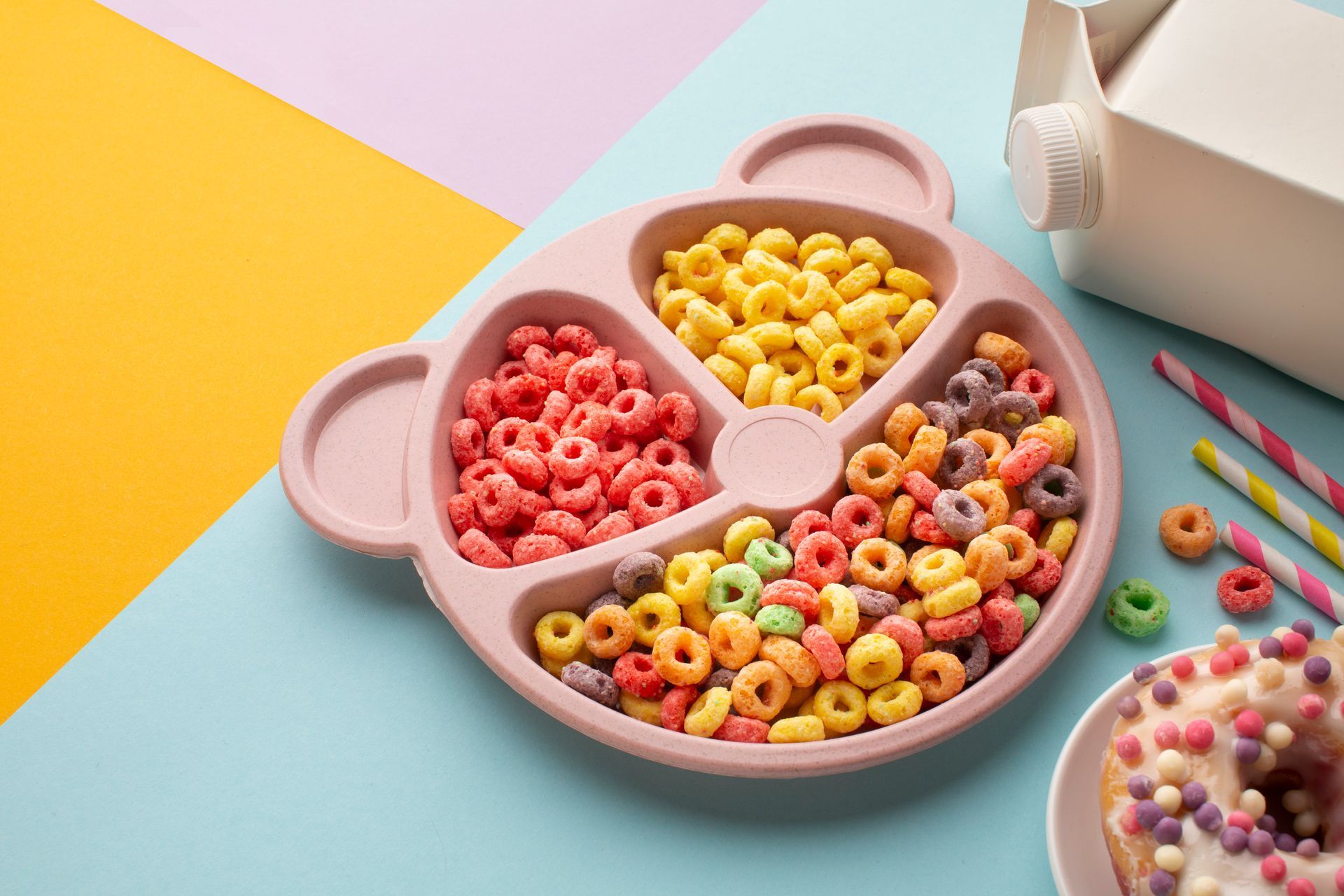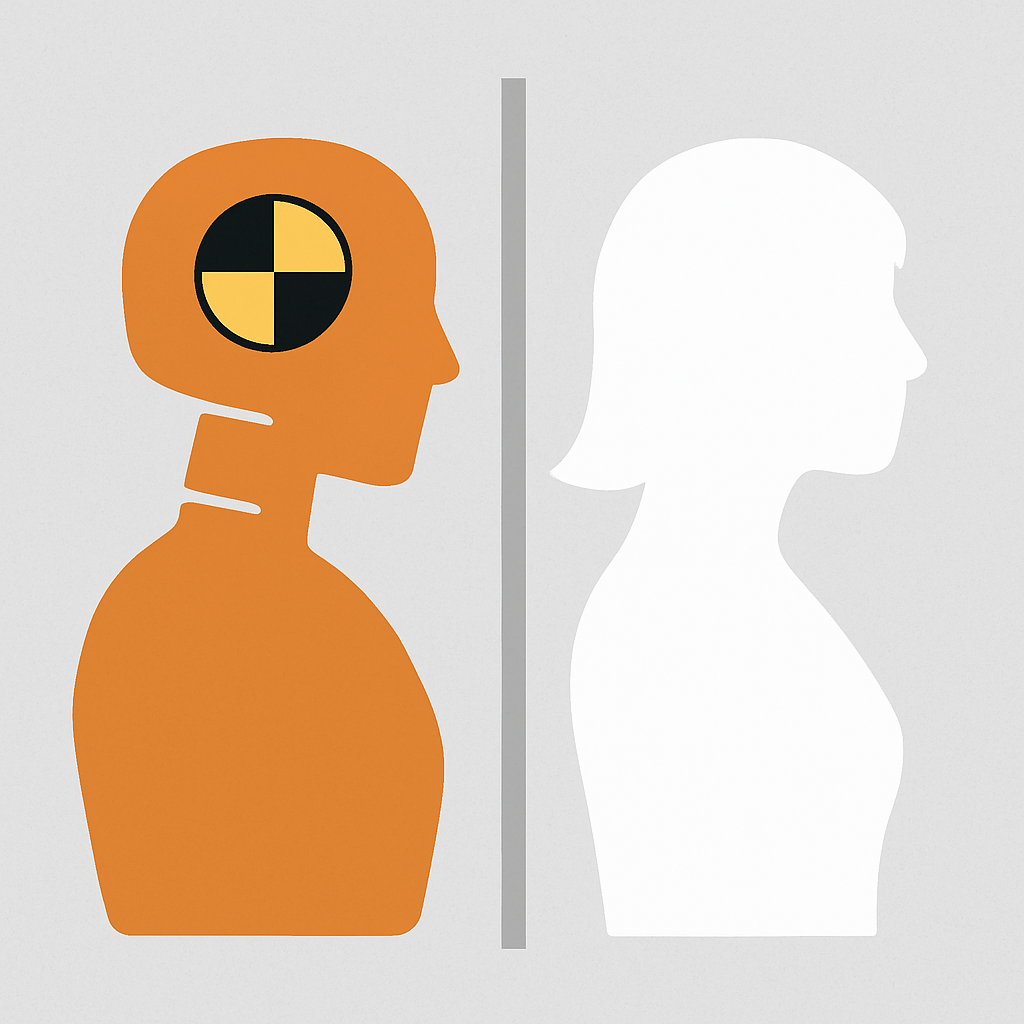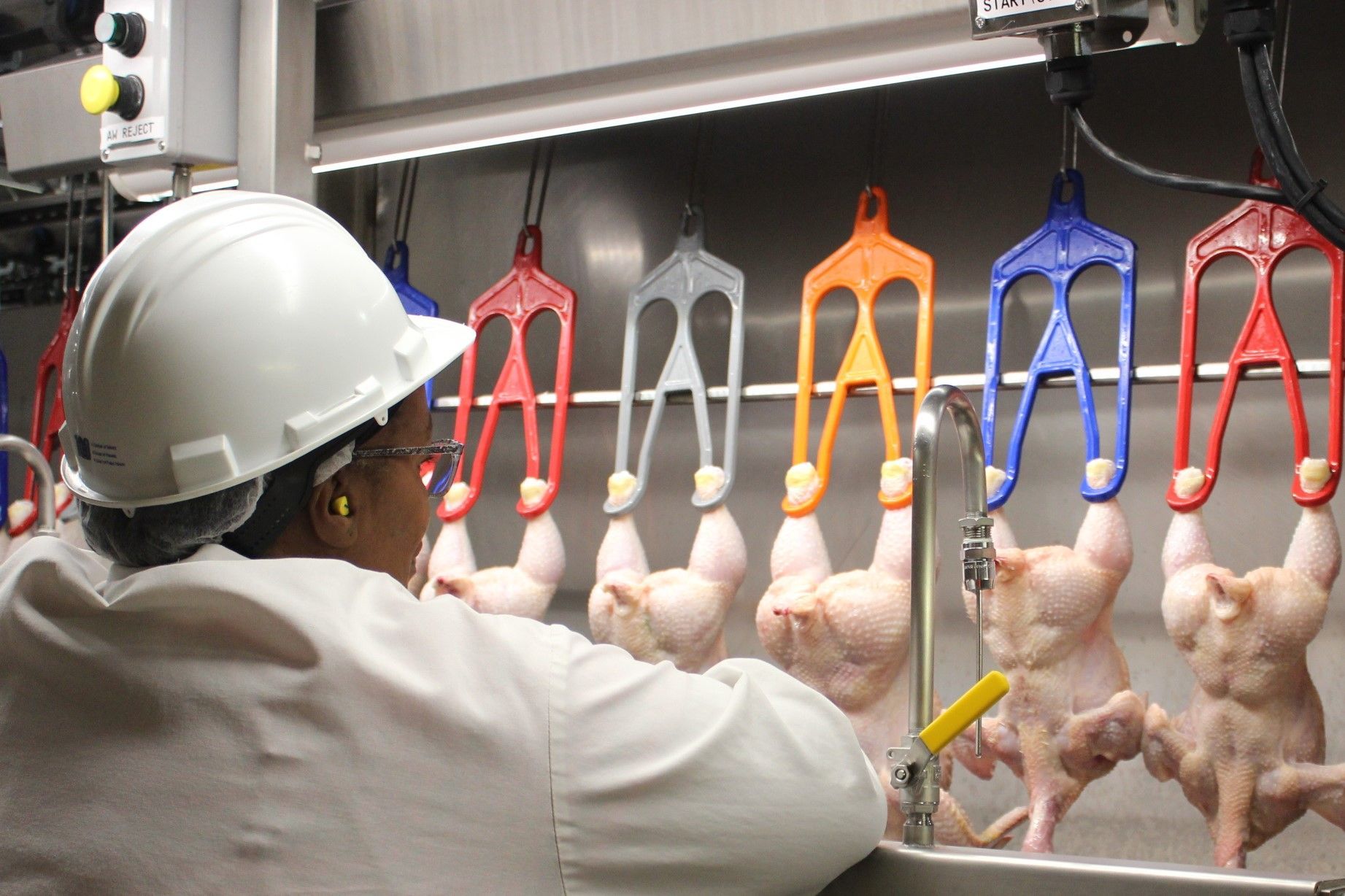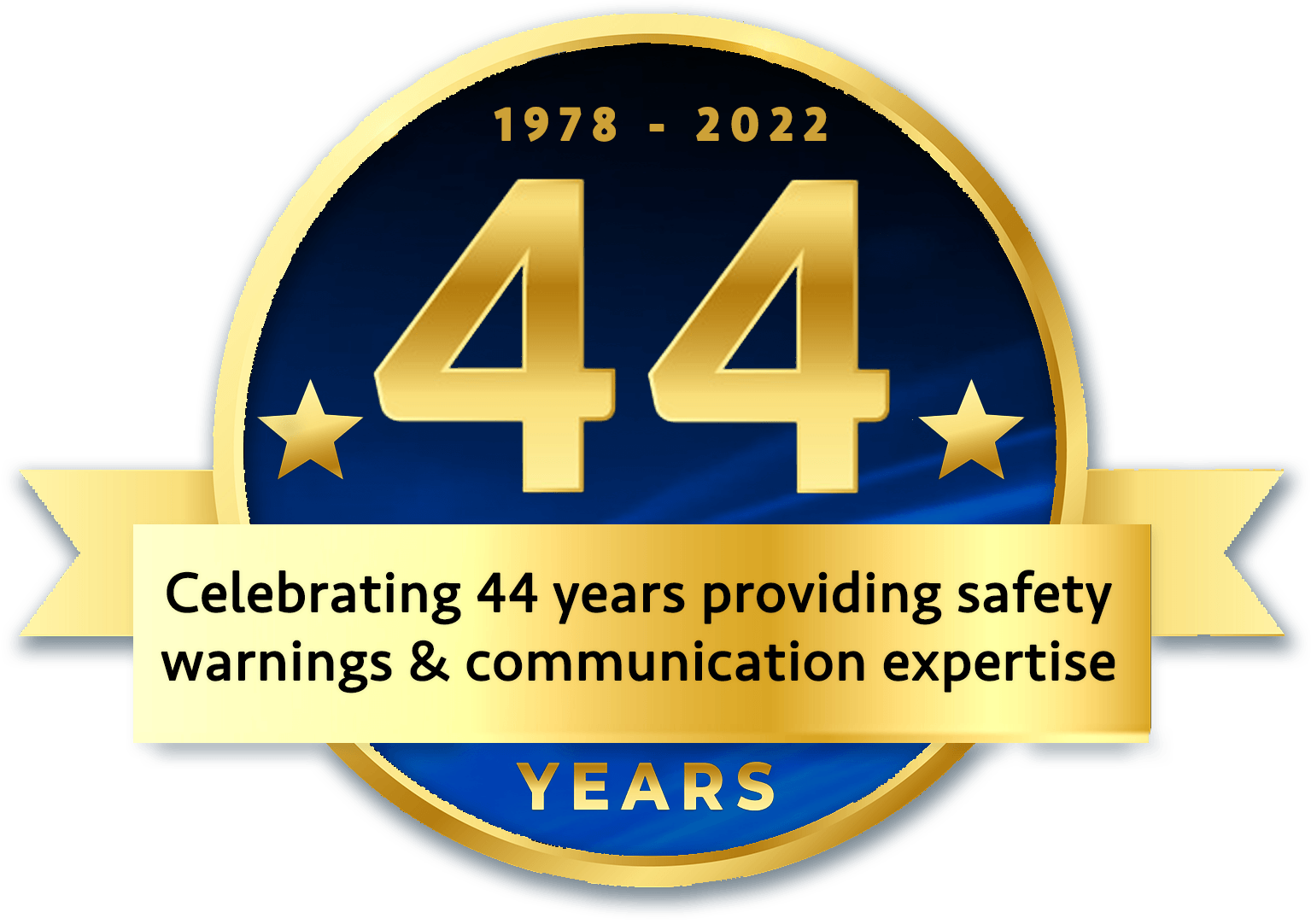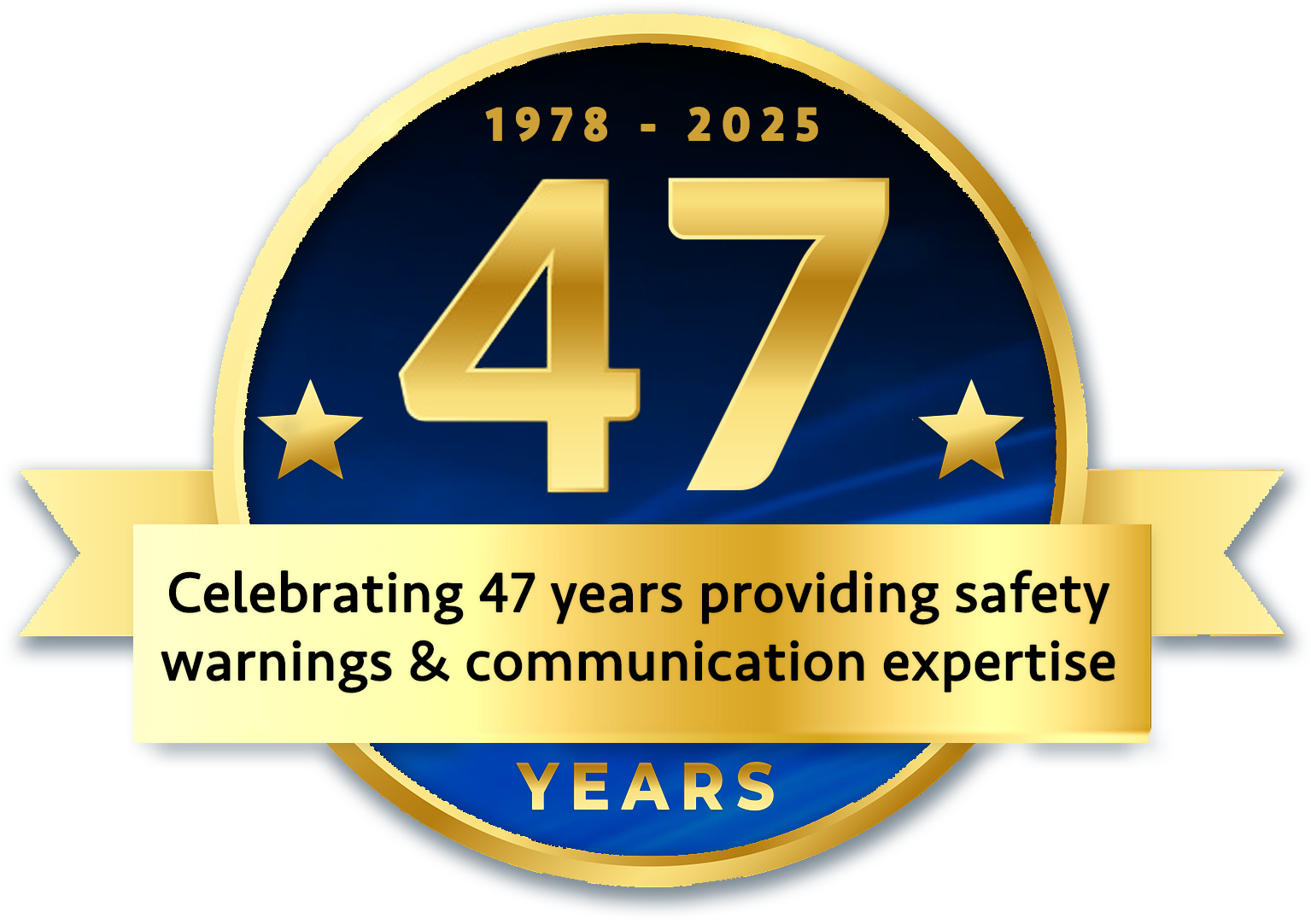WARNING: MICKEY MOUSE AND YODA MAY BE DANGEROUS TO YOUR CHILD'S HEALTH!
In what was definitely NOT an April Fool's joke, the FDA on April 1 posted the following company announcement about a voluntary recall:
Best Brand Consumers Products, Inc. Issues Voluntary Recall of Mickey Mouse Hand Sanitizer (Ethyl Alcohol 68%) Due to Presence of Methanol and the Mandalorian Hand Sanitizer (Ethyl Alcohol 68%) Due to the Presence of Benzene.
As a service to the public, the FDA posted this announcement because its own testing found the presence of benzene in the Mandalorian Hand Sanitizer product and methanol in the Mickey Mouse Hand Sanitizer product. Both products were imported by Best Brands from a third-party manufacturer.
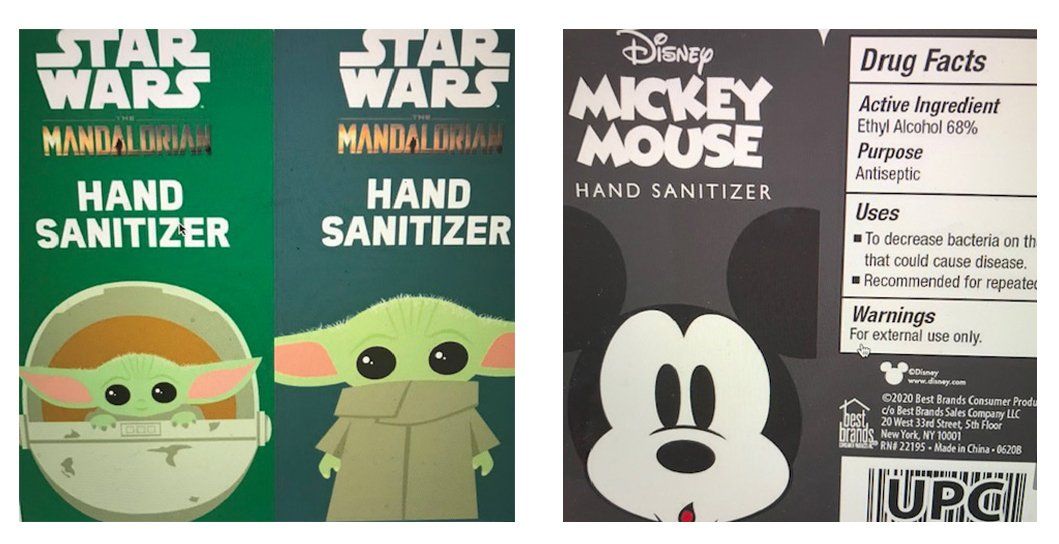
Benzene is classified as a human carcinogen. Substantial exposure to benzene can occur through inhalation, oral and skin, and it may result in cancers including leukemia and blood cancer of the bone marrow and blood disorders, which can be life-threatening. Benzene is also a highly flammable liquid that is fairly common in the U.S., and has caused the recall of other products, such as makeup, for contamination. It is also used in the manufacturing of pesticides, laundry detergent and other goods, though it is heavily regulated. Exposure can also cause some issues in the nervous system. Physical contact with benzene can also damage the skin and eyes of a person.
The Mandalorian sanitizer recall, which comes in a box branded with the likeness of Baby Yoda, a character made popular from the Star Wars series, applies to both blue and green versions of the hand sanitizer.
There are no cancer causing properties to methanol, but substantial exposure to methanol can result in nausea, vomiting, headache, blurred vision, coma, seizures, permanent blindness, permanent damage to the central nervous system, or even death. Although all persons using these products on their hands are at risk, young children, attracted no doubt by the marketing images of Mickey and Yoda, who accidentally ingest these products, and adolescents and adults who drink these products (you read this right...drink these products) as an alcohol (ethanol) substitute, are most at risk for methanol poisoning.
Both products were launched in 2020, and the good news is that neither product is on shelves anymore, removed because their special promotional sale ended in 2021. However, since many families may still have these bottles in their home and could still be using these harmful hand sanitizers, Best Brands Consumer Products chose to do the right thing and issue their voluntary recall asking parents to return any bottles they still may have. Consumers with any questions about the recall should contact Best Brands (quality@bestbrandsintl.com). If any consumer has experienced any problems that may be related to taking or using this product, they should contact their physician or health care provider. Although no adverse reactions have been reported to the FDA, as of this writing, with carcinogens, though, it may take years for their effect to truly display in a person.
As a service to our readers, the following is the exact product information for the two recalled bottles of hand sanitizer:
1. Mickey Mouse Hand Sanitizer, Ethyl Alcohol 68%, blue color, 2.11 fl. oz bottle. MFG Lot# 20D21; Expire Date 6/30/2022; NDC #74530-013-02
2. The Mandalorian Hand Sanitizer, Ethyl Alcohol 68%, blue/green color, 2.11 fl. oz bottle. MFG Lot#20E21; Expire Date 9/30/2022; NDC #74530-012-02
If you have either or both of these products, you should discard them or return them for a refund.
Check out my latest podcast "EXPOSED! An Exclusive Look Behind the Curtain of Corporate Greed"
Check out my book "Murder, Inc.: How Unregulated Industry Kills or Injures Thousands of Americans Every Year...And What You Can Do About It". Available in Hardcover, Paperback, Kindle & Audiobook on Amazon now.
